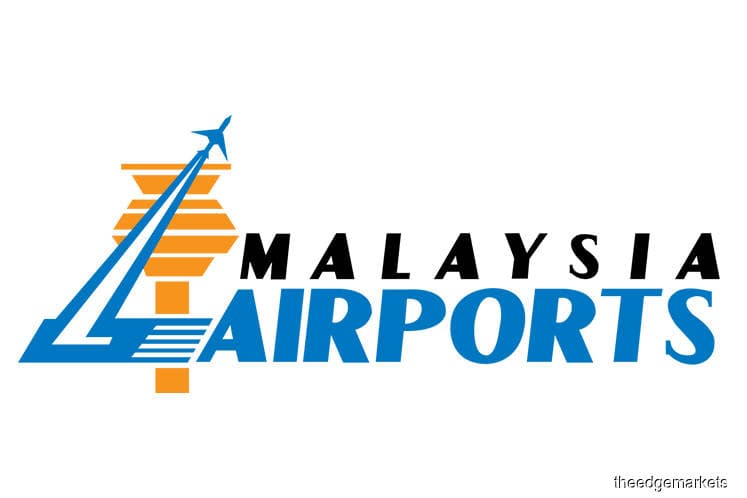
This article first appeared in The Edge Malaysia Weekly on June 1, 2020 - June 7, 2020
TELEKOM Malaysia Bhd and either the KLCCP Stapled Group or QL Resources Bhd could be added to the KLCI in the next semi-annual review of the FTSE Bursa Malaysia Index Series on June 4.
On the other hand, analysts say, Malaysia Airports Holdings Bhd (MAHB) and AMMB Holdings Bhd could be dropped from the list.
The FTSE Bursa Malaysia KLCI comprises the largest 30 companies on the Main Board by full market capitalisation that meet the eligibility requirements of the FTSE Bursa Malaysia Ground Rules.
The two main eligibility requirements are free float and liquidity.
CGS-CIMB Research says in a note that based on the closing share prices as at May 22 — the cut-off date for the review — Telekom had risen to the 24th position, qualifying it for inclusion, while AMMB and MAHB have fallen to 37th and 40th place respectively. As such, they are likely to be deleted from the index.
“The rules specify that should a greater number of companies qualify to be deleted in an index than those that qualify to be included, then the highest ranking constituents presently not in the index that also meet the liquidity criteria will be included.
“Based on this, our analysis reveals that QL Resources will be included in the FBM KLCI index for the first time, as our analysis suggests KLCCP does not meet the liquidity criteria,” the firm says.
However, Kenanga Research suggests that KLCCP has a higher chance of being included in the index compared with QL.
“KLCCP has risen to 28th in market cap, being the largest non-constituent versus QL at 30th. Both qualify on the free-float criteria where they have free floats well above the minimum threshold of 15%. Our analysis of liquidity shows that KLCCP’s liquidity has picked up significantly over the past 12 months. The rules state that to be included, the security must turn over at least 0.05% of its free-floating shares in issue, using its median daily trading volume per month for at least 10 of the 12 months prior to the semi-annual review,” Kenanga said in a note.
“Based on our findings of the monthly median daily volumes from June 2019 to May 22, 2020, and using our estimated free float of 24.53%, we found that KLCCP has generated median daily turnovers exceeding 0.05% for 11 of the past 12 months. On this basis, we believe it has a good chance of inclusion unless the FTSE Russell’s definition of free float differs significantly from ours,” adds Kenanga.
However, the brokerage notes that KLCCP was removed from the FTSE Russell Malaysia Indices in December 2018 on the grounds that it had failed the liquidity test.
“In the event of a re-admission in this review period based on it passing the liquidity test, it could potentially open doors of other FTSE Malaysia indices such as the FBM Emas Shariah Index or FTSE4Good Index for KLCCP to be included into.
“Telekom and KLCCP’s combined weightage [in the KLCI] are likely to come in slightly above 3% — more than replacing the existing combined weightage of AMMB and MAHB of 2.25%. This means that some weightage will inevitably be trimmed from each of the remaining 28 constituents. We estimate Telekom’s weightage to be around 1.83%, thereby raising the telecommunication sector’s weightage in the index to 12.45% from 10.72%,” says Kenanga.
On QL Resources, Kenanga says should the stock be included in the KLCI, it would be tough to justify its close-to 60 times FY2021 price earnings ratio, despite very sound fundamentals with diversified earnings in a defensive food-based industry, a highly successful and fast-growing convenience store business and providing 10 to 13% earnings per share compound annual growth rate over the next three years.
“We will be reviewing our call on the stock when its March quarterly earnings are released in a few weeks but a downgrade from outperform is clearly on the cards,” says Kenanga.
Save by subscribing to us for your print and/or digital copy.
P/S: The Edge is also available on Apple's AppStore and Androids' Google Play.